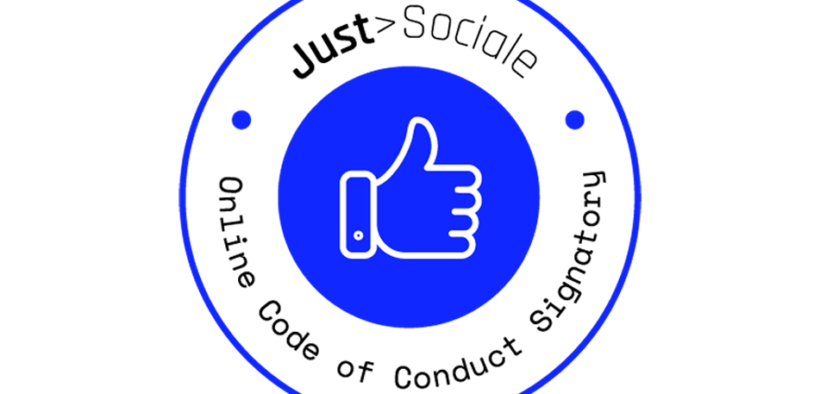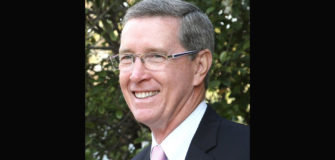A not-for-profit dedicated to promoting online human rights and good digital citizenship is inviting all those who operate online to contribute to and sign the Online Code of Conduct, a self-regulatory set of standards for good practice for a broad range of stakeholders.
Devised to be a living document that will evolve with the online realm, JustSociale’s Online Code of Conduct aims to increase trust in online platforms by enhancing the transparency, accountability and effectiveness of the Code’s signatories.
“By becoming a signatory, you will be demonstrating to the public, your customers, clients or beneficiaries that you take online human rights and your responsibility to act as a good digital citizen seriously,” says JustSociale founder and CEO, Sarah Liberty.
Signatories will receive a certification badge for use on their own platforms and will be listed on JustSociale’s website.
To ensure the Code is representative of diverse stakeholders and all members of the Australian public, JustSociale is calling for contributions and suggestions to help shape the Code. Through an online campaign, people will be able to submit their ideas and comments between Human Rights Day and 31 January 2021. The final Code and initial signatories will be released on Safer Internet Day on 9 February 2021.
Early signatories include JustSociale Alliance members such as Women’s March Sydney, Seedling Digital, The Calm Company, Poignand Consulting, Atlas Digital Agency, female-empowerment and fashion brand ARNA Online, Kimberley Chan Meditation, Red Road Collective, Gully 9 Productions and the Lokahi Foundation.
“The evolution of digital technology, in particular social media, has enabled voices to be heard and connections to be made from thousands of kilometres apart. It is imperative that every user is aware of their individual rights and responsibilities as an online citizen, and to maintain a positive digital footprint. This is going to change lives, and it really excites me to be a part of it,” said Bec Skillington, code signatory and director of the Red Road Collective, an e-commerce and networking platform connecting women from rural/remote Australia to those in the metropolitan areas.
“In 2012, the UNHCR declared that our online human rights are no different to our offline human rights. Yet – almost ten years on – many Australians are still unaware that they have online human rights, or how to guarantee they are protected,” Liberty said.
“Our vision is to ensure that the internet is universally accessible, inclusive and safe, so that diverse Australians can use it to connect with each other – and the global community,” she said.
With over 70% of the population having social media accounts, Australians are some of the most active social media users in the world. Despite this, some 2.5 million people, or 10% of the population still do not have access to the internet.
Moreover, research from the eSafety Commissioner also shows that 67% of Australian adults had a negative experience online in the past 12 months, ranging from unwanted messages or scams, viruses, hate speech, abuse and threats. 3 in 10 women (30%) aged between 18 and 55 also said that they had experienced online abuse or harassment.
Paulo Rizal is a content producer for Third Sector news. He has working experience in journalism, SEO, and social media marketing.
















































































































































